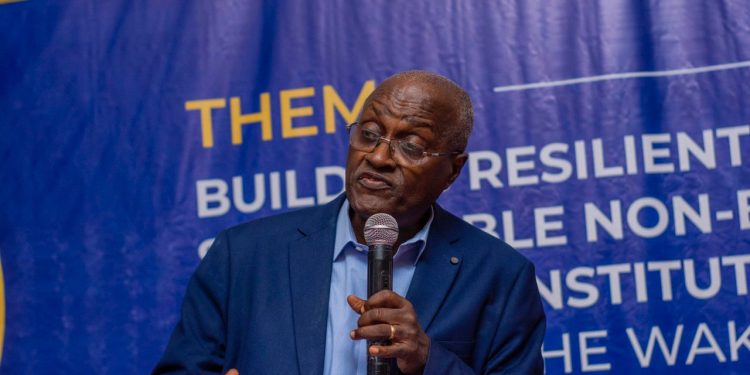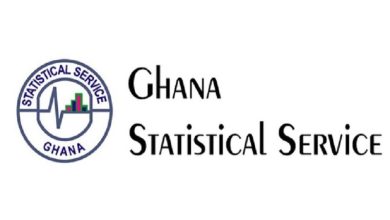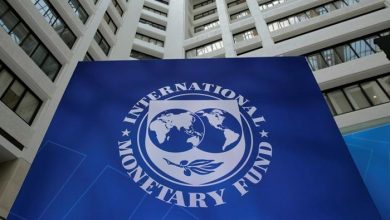Dr. Atuahene Opposes Broad Cancellation of Africa’s External Debt, Citing Economic Risks

Some market analysts are cautioning against growing calls for the wholesale cancellation of Africa’s external debts, describing the proposal as economically unsustainable.
Banking Consultant, Dr. Richmond Atuahene, argues that Africa’s persistent debt crisis stems more from weak capital investment and poor fiscal discipline than from the debt stock itself.
He insists that a blanket write-off will do little to address the structural deficiencies undermining growth on the continent.
“Let me put it blunt: we (Africans) borrow and consume as against capital investment which will pay itself back. So I disagree with that social mentality that those debt should be cancelled,” he asserted.
His comments follow last Friday’s August 29, 2025 rally in Accra, where the African Regional Organization of the International Trade Union Confederation (ITUC-Africa), in partnership with the Trades Union Congress (TUC-Ghana), pressed for debt cancellation, branding it an act of reparative justice.
Overall Africa’s external debt has surpassed 1.3 trillion at the end of 2024 with average debt-to-GDP ratio risen above 60%, with countries like Ghana and Zambia forced into restructuring.
Dr. Atuahene maintains that the continent’s priority should be strengthening fiscal discipline, boosting revenue mobilization, and aligning debt with productive investment to avoid recurrent crises.
Ghana also remains the fifth most-indebted African country to the International Monetary Fund (IMF) as of August 2025, with outstanding credit estimated at SDR 2.70 billion, unchanged from July.
Latest IMF data show Egypt topping the continent’s debtor list at SDR 7.18 billion, though marginally lower than the previous month. Côte d’Ivoire and Kenya followed in second and third place with exposures of SDR 3.10 billion and SDR 3.02 billion, respectively.










